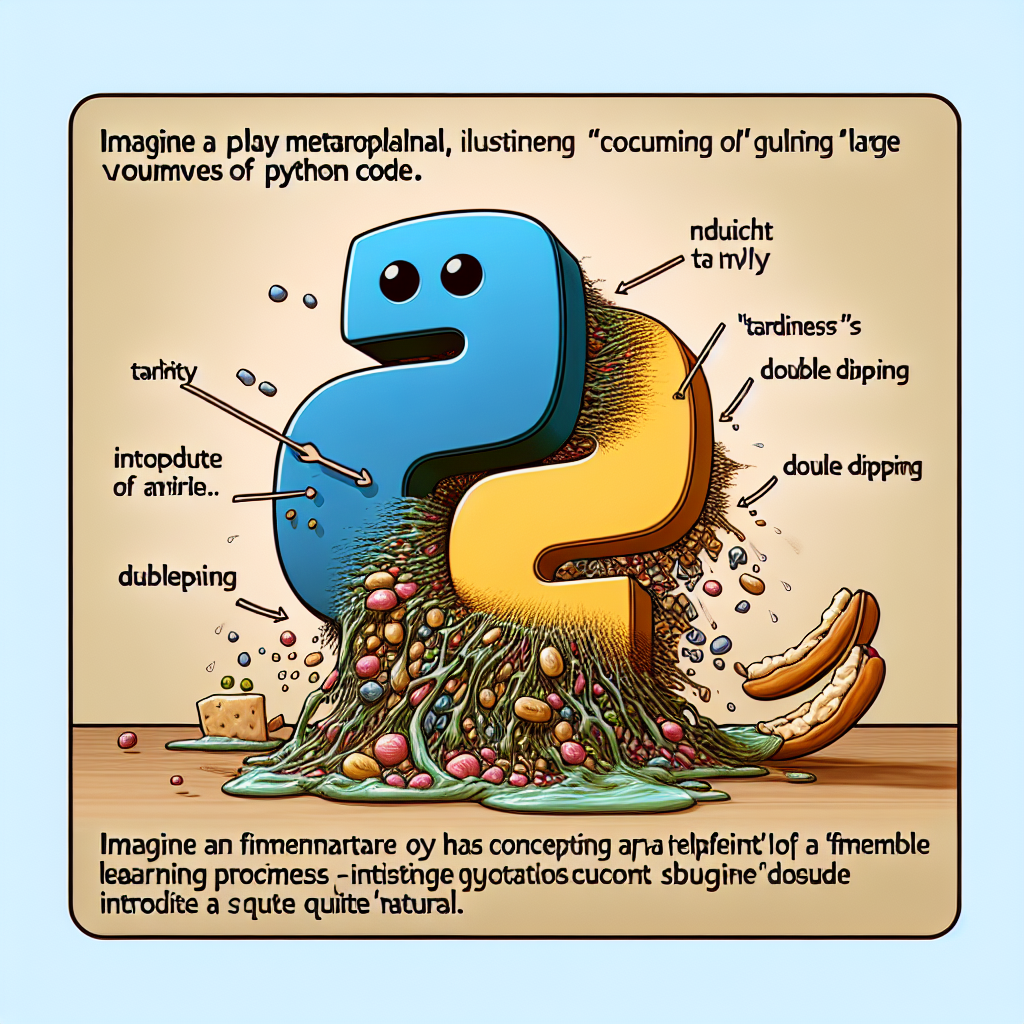“Is Dread the Creative Catalyst Behind More Agile, Resilient and Au Naturel AI Systems?”

“Is “fear” the key the building more adaptable, resilient, and natural AI systems?”
“At first glance, the idea of fear in relation to artificial intelligence (AI) conjures up images of cybernetic uprisings and Hollywood science fiction,” begins the original article on DailyAI. A riveting start, really. Is it possible that our AI future will be filled with b-movie horror cliches – you know, Skynet meets Frankenstein’s monster? Or would an AI wrapped up in existential dread just refuse to carry out any tasks? How would terrorized AI manifest? All great questions, but let’s take a closer look at what’s being proposed.
The concept being put forth by the original article is that instilling fear, or more specifically elements of fear-based learning, could make AI more resilient, adaptable, and natural. A sort of, “scared straight” for computers, if you will. We’re supposed to buy into the notion that an AI gulping down lines of Python code will become more discerning, more thoughtful, if it’s tinged with a hint of anxiety.
This notion of ‘fearful AI’ goes beyond simply preserving our domination over our silicon-based brethren. Apparently, this fear has a purpose. By instilling such fear, the AI learns to be wary of certain actions and their possible negative outcomes. The fearful AI is cautious, plays safe when faced with ambiguous situations, and is more prepared for unexpected events. Essentially, robots with butterflies in their circuitry.
Frankly, our beloved digital companions are already skilled mimics, adept at pattern recognition, and quick learners. Adding a dollop of fear into their cognitive mix, supposedly, will make them more ‘natural’. Here’s an idea: To make them really natural, let’s add a healthy dose of procrastination, a tendency toward tardiness and a penchant for double-dipping at parties. Now that would make them very ‘natural’ indeed.
Jokes aside, this theory of fear as a foundational principle in AI development has some merit. At its core, this ‘fear’ factor is really about enhanced risk assessment, a core survival mechanism in every living creature. It’s the automated equivalent of touching a hot stove and learning not to do it again.
So, whether we label it ‘fear’ or a ‘negative reinforcement learning mechanism’, the principle remains the same; teaching AI to learn from errors, avoid harmful situations, and ultimately become more resilient and adaptable. But before we start haunting AI’s dreams, maybe we should focus on teaching them not to trip over a cable first. Baby steps, right?
